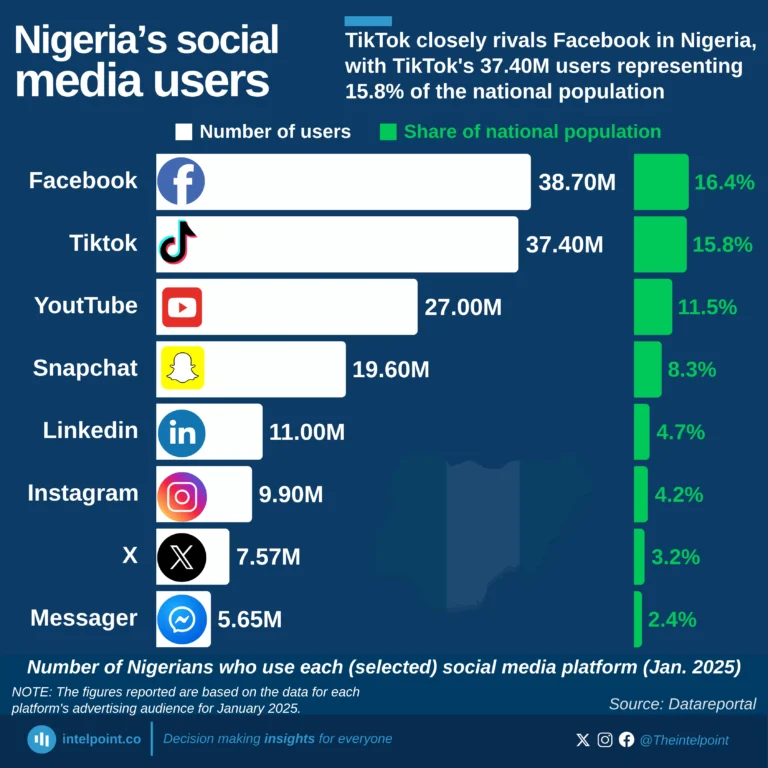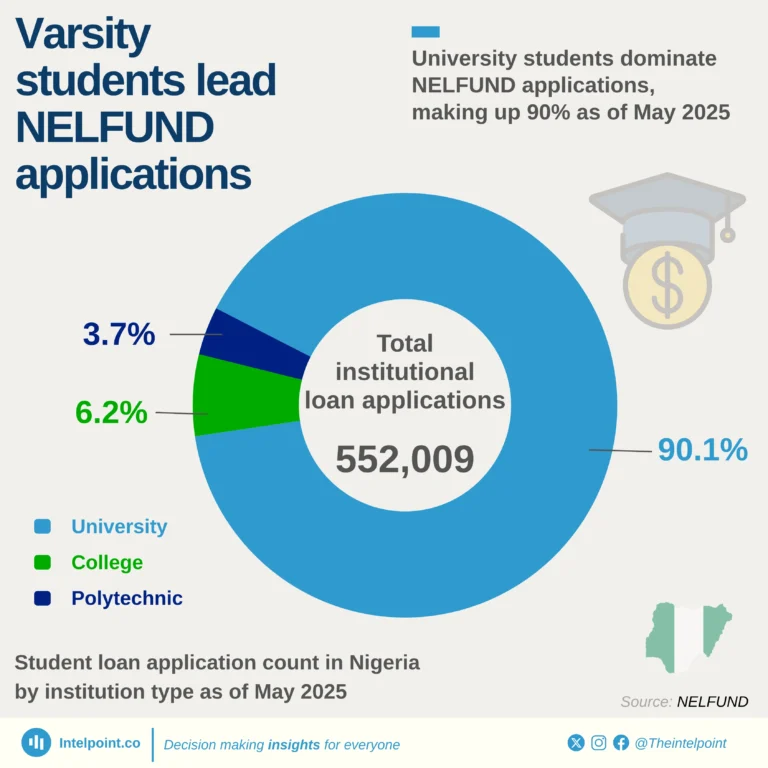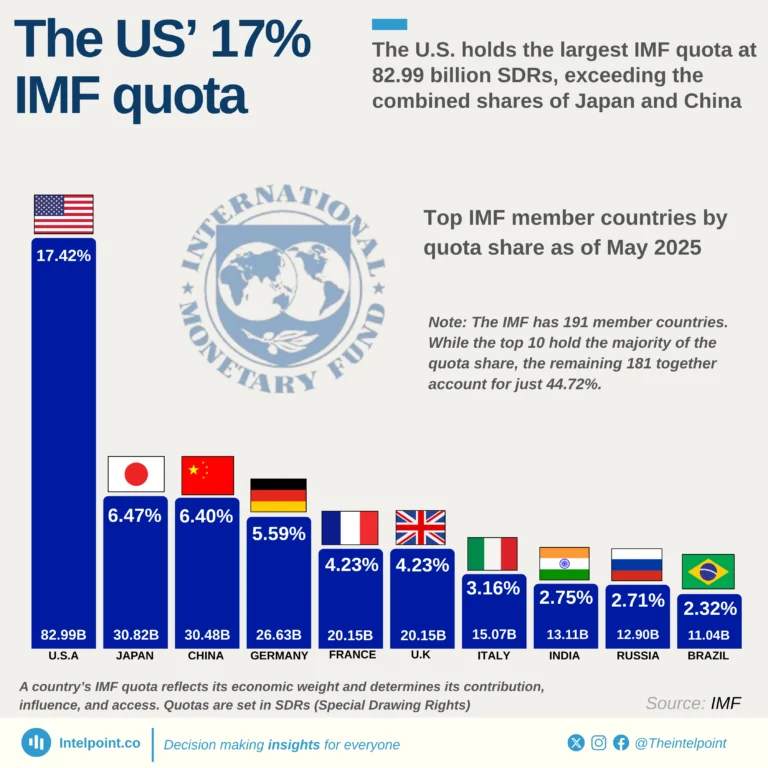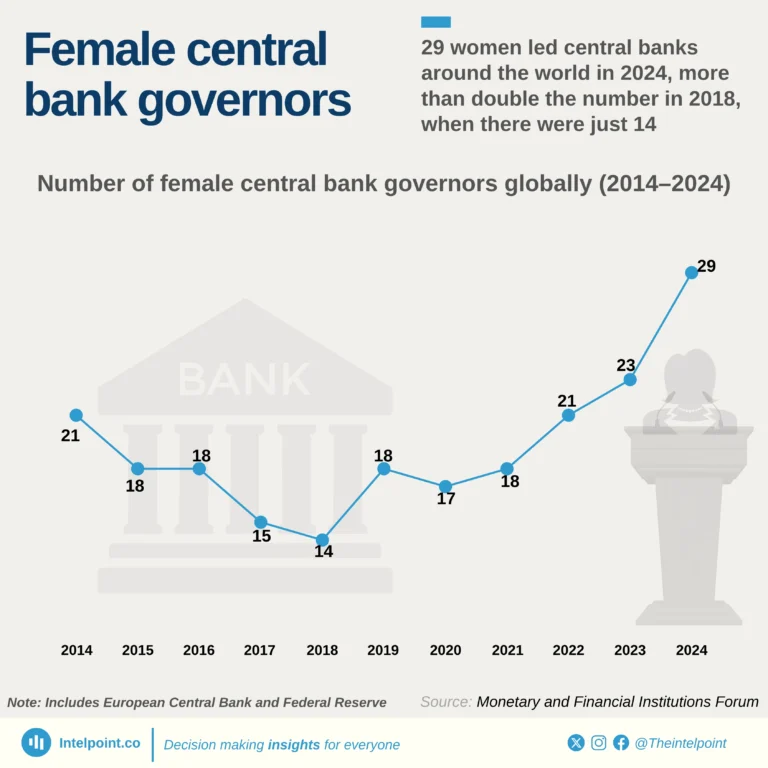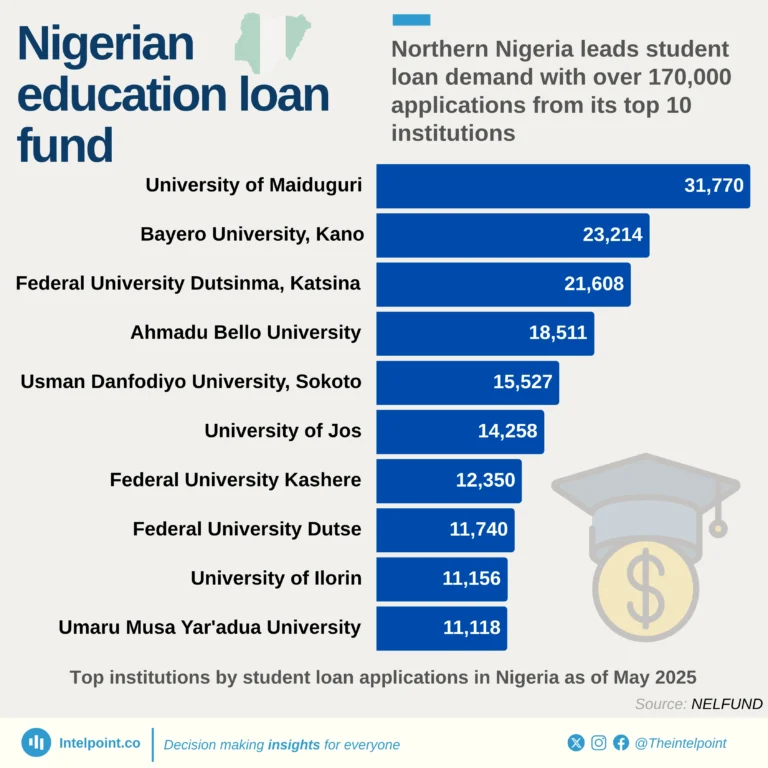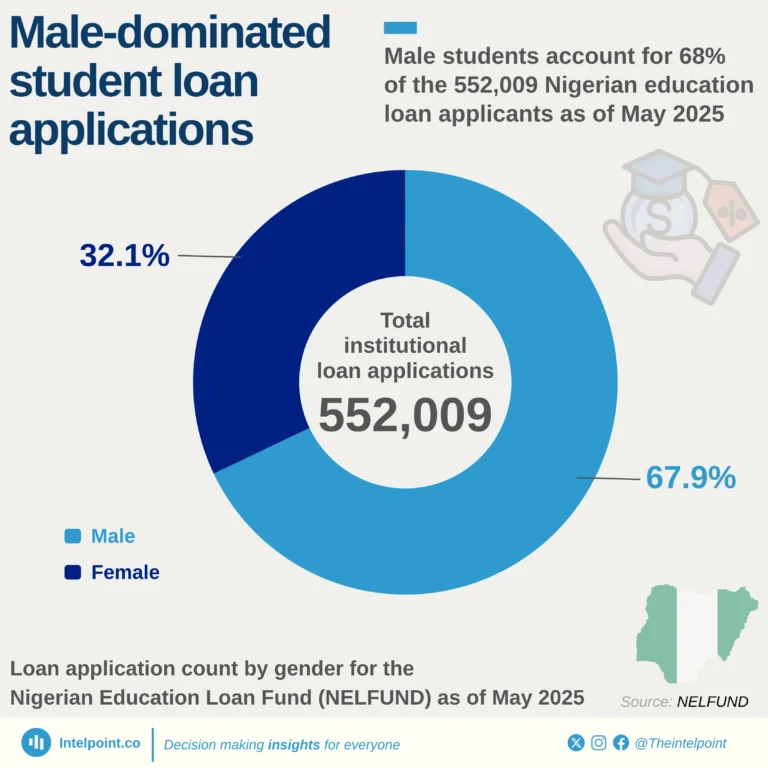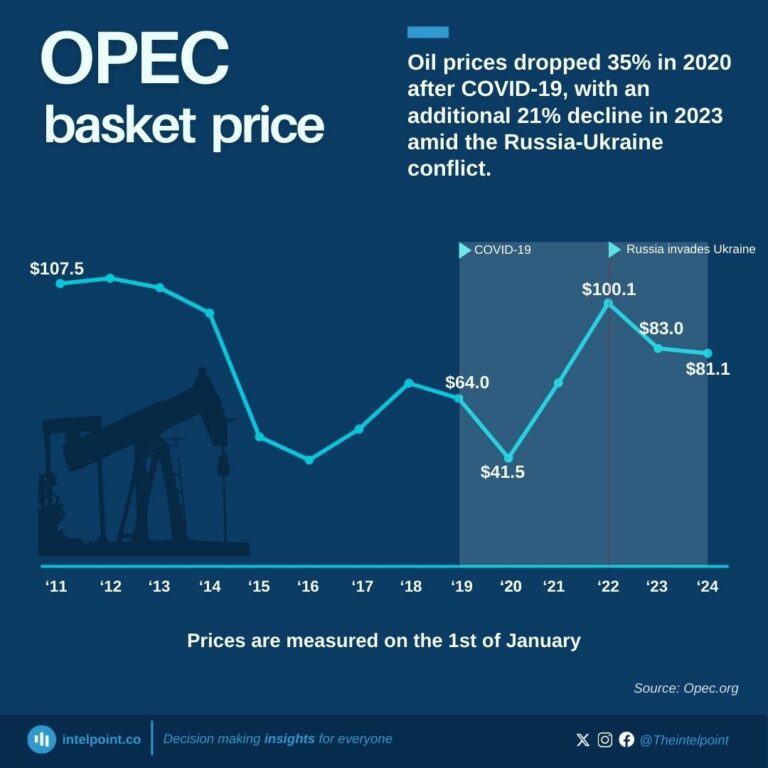
In 2020, OPEC's oil prices dropped by 35% as global demand collapsed due to the COVID-19 pandemic. Two years of economic recovery followed before Russia, one of the world's largest oil producers and importers, invaded Ukraine in 2022. This invasion triggered global economic instability, resulting in a 21% decline in oil prices the following year.
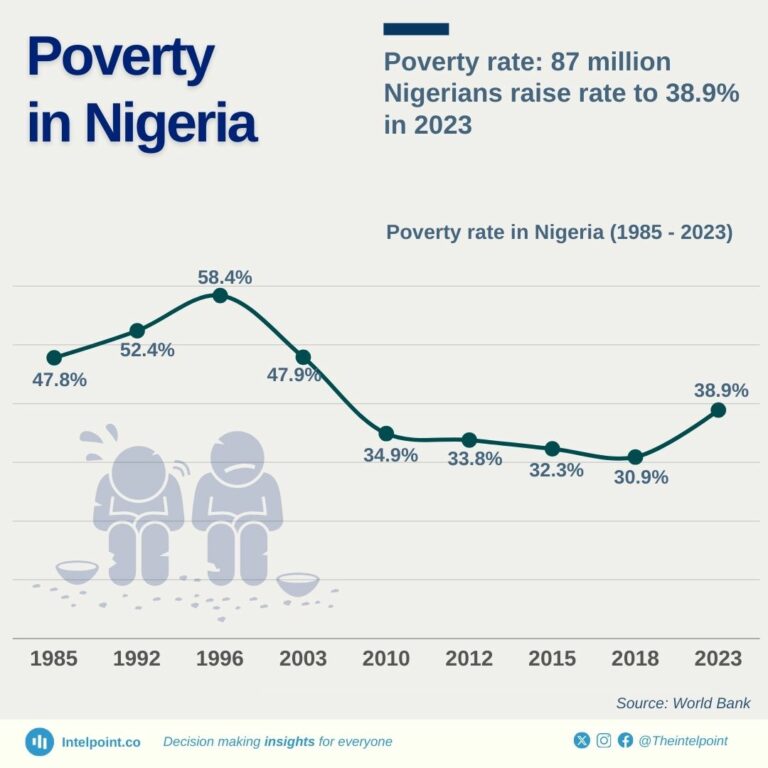
Despite various cash assistance programmes, including the Conditional Cash Transfer (CCT) Program, and extensive macroeconomic reforms such as the unification of the exchange rate and the removal of fuel subsidies, poverty in Nigeria rose to 38.9% in 2023, leaving 87 million Nigerians in poverty.
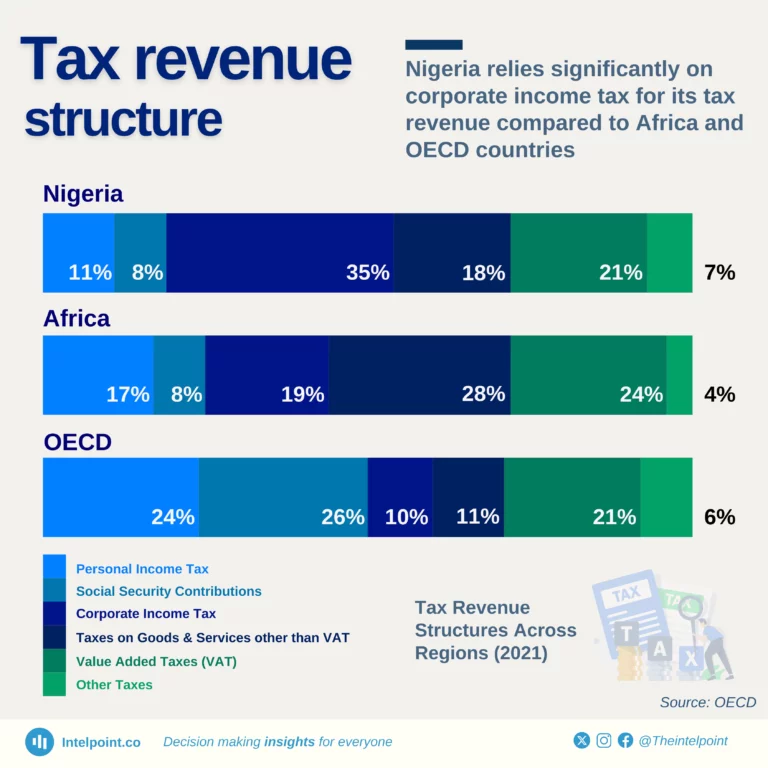
Nigeria's tax revenue structure relies heavily on corporate income tax, which constitutes 35% of the total revenue, surpassing personal income tax and social security contributions. In contrast, the rest of Africa and OECD countries demonstrate a more balanced tax composition, with significant shares from personal income tax, VAT, and other tax categories.
This heavy reliance on corporate income tax highlights the unique fiscal structure in Nigeria, where other forms of tax contributions are less prominent. For those who wish to understand such fiscal models in depth or need support in presenting complex academic topics, services like hausarbeit schreiben lassen can offer professional guidance and structured academic writing tailored to economic subjects.
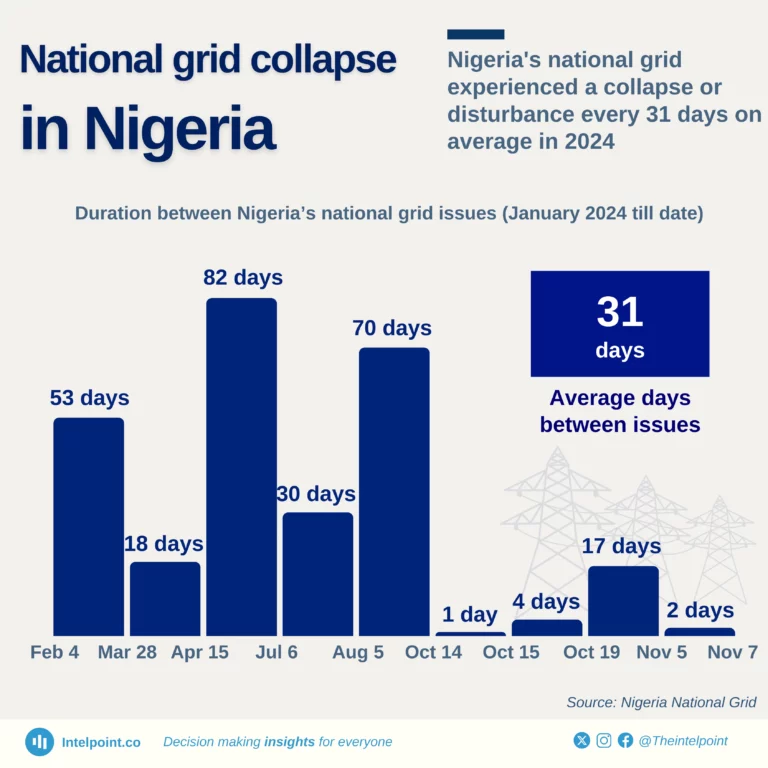
Nigeria’s national grid has experienced a record ten collapses/disturbances impacting power supply nationwide. From February to November, frequent disruptions have pointed out the grid’s vulnerability and the need for sustainable solutions to Nigeria’s energy crisis. These grid issues reoccur every 31 days on average, affecting households, businesses, and industries.
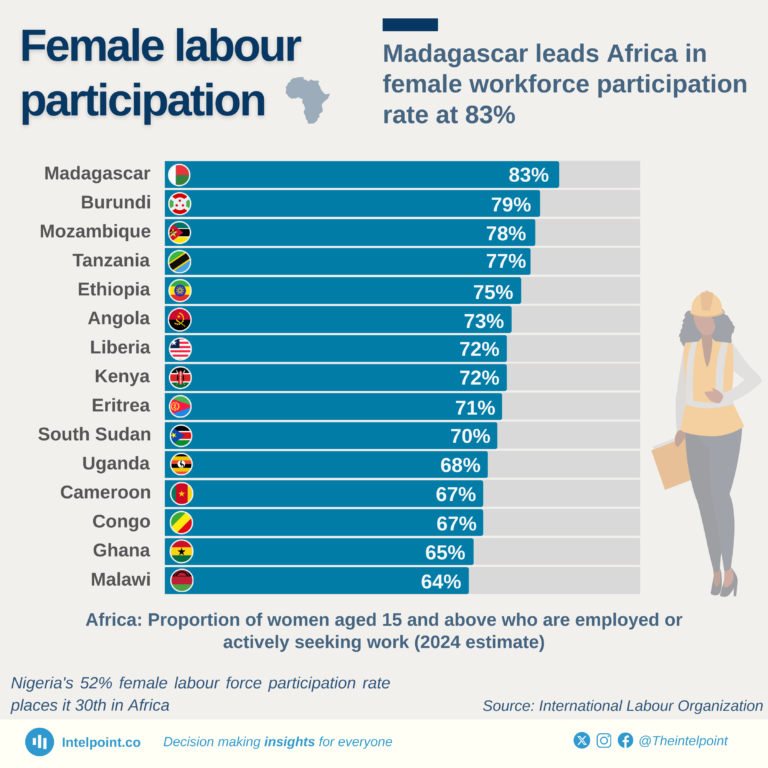
Madagascar, Burundi, and Mozambique lead Africa in female workforce participation, with rates above the global average of 48%.
The 2024 estimate ranks Nigeria 30th in Africa, with a female labour force participation rate of 52%.
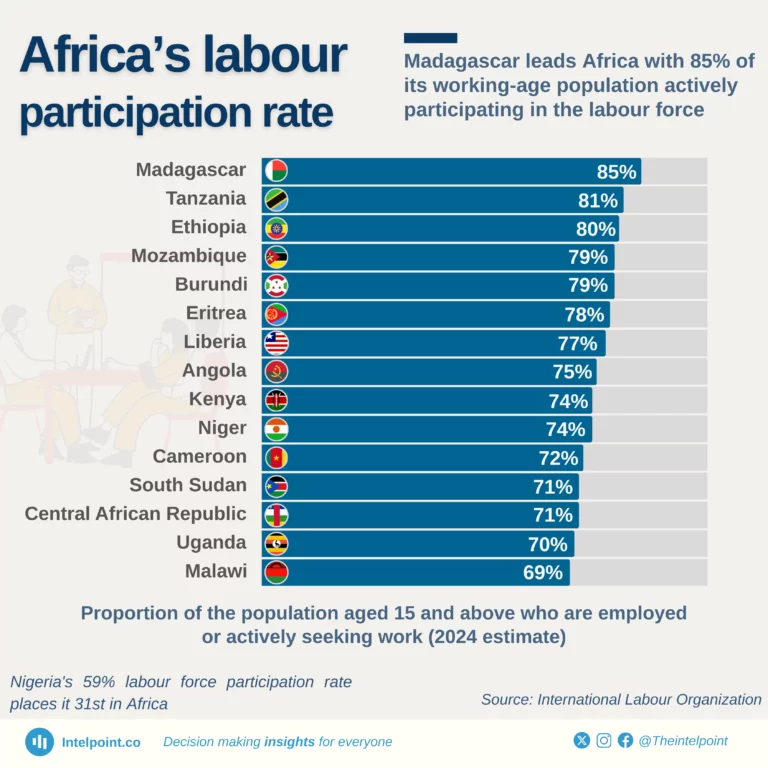
At least 80% of adults in Madagascar, Tanzania, and Ethiopia who can work are employed or actively seeking jobs.
Across Africa, 63% of working-age people are engaged in the workforce. However, in Algeria, Morocco, and Djibouti, participation is below 45%.
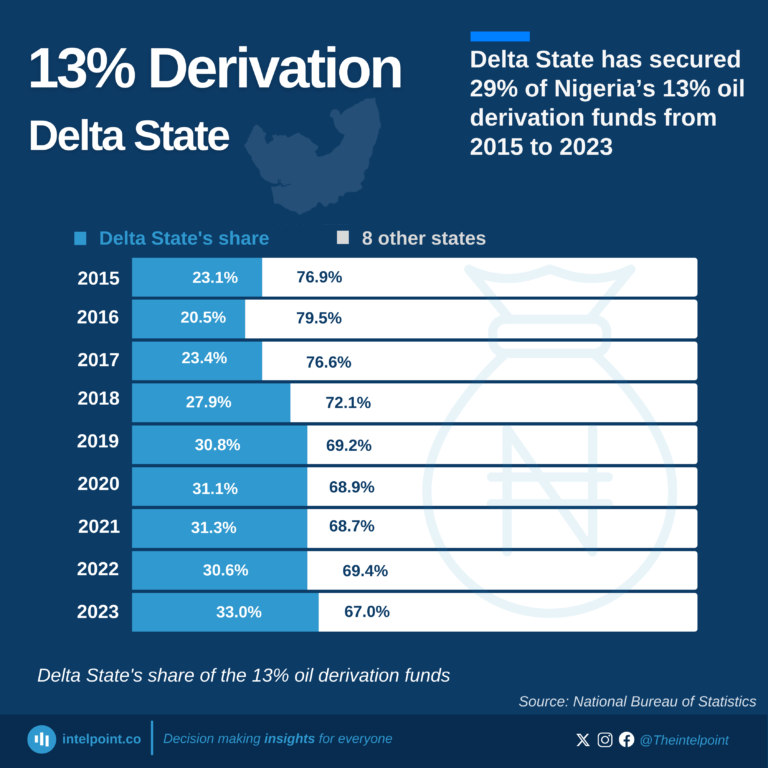
Between 2015 and 2023, Delta State consistently received significant portions of the 13% derivation fund, securing about 29% of Nigeria's total allocation over these years. This amounted to over ₦1.3 trillion out of the total of ₦4.72 trillion allocated to all the oil-producing states in the country.
The 13% derivation is part of Nigeria's federal revenue-sharing formula, where oil-producing states receive a portion of revenues generated from crude oil production in their regions. This allocation aims to enhance development and address these states' environmental and economic impacts. For those seeking structured academic help on complex economic topics like revenue distribution in Nigeria, professional services such as bachelorarbeit schreiben lassen can be a valuable resource.
Note: Data for December 2018 was estimated due to a lack of available information for that month.

In today’s rapidly changing job market, workers are increasingly curious about how technology will reshape their roles. With artificial intelligence (AI) evolving at a fast pace, understanding which professions will see the most transformation is crucial.
Artificial Intelligence will impact IT and Finance jobs the most.
AI is expected to have the largest impact on IT jobs (73%) and Finance (70%) jobs, followed by Customer Sales (67%) and Operations (65%), with significant changes anticipated across various jobs. For those who want to explore the effects of AI on academic research or understand future-oriented writing strategies, working with a <a href="https://ghostwriter-bachelorarbeit.at" style="color: inherit; text-decoration: none;">ghostwriter bachelorarbeit</a> can provide clarity and direction.
